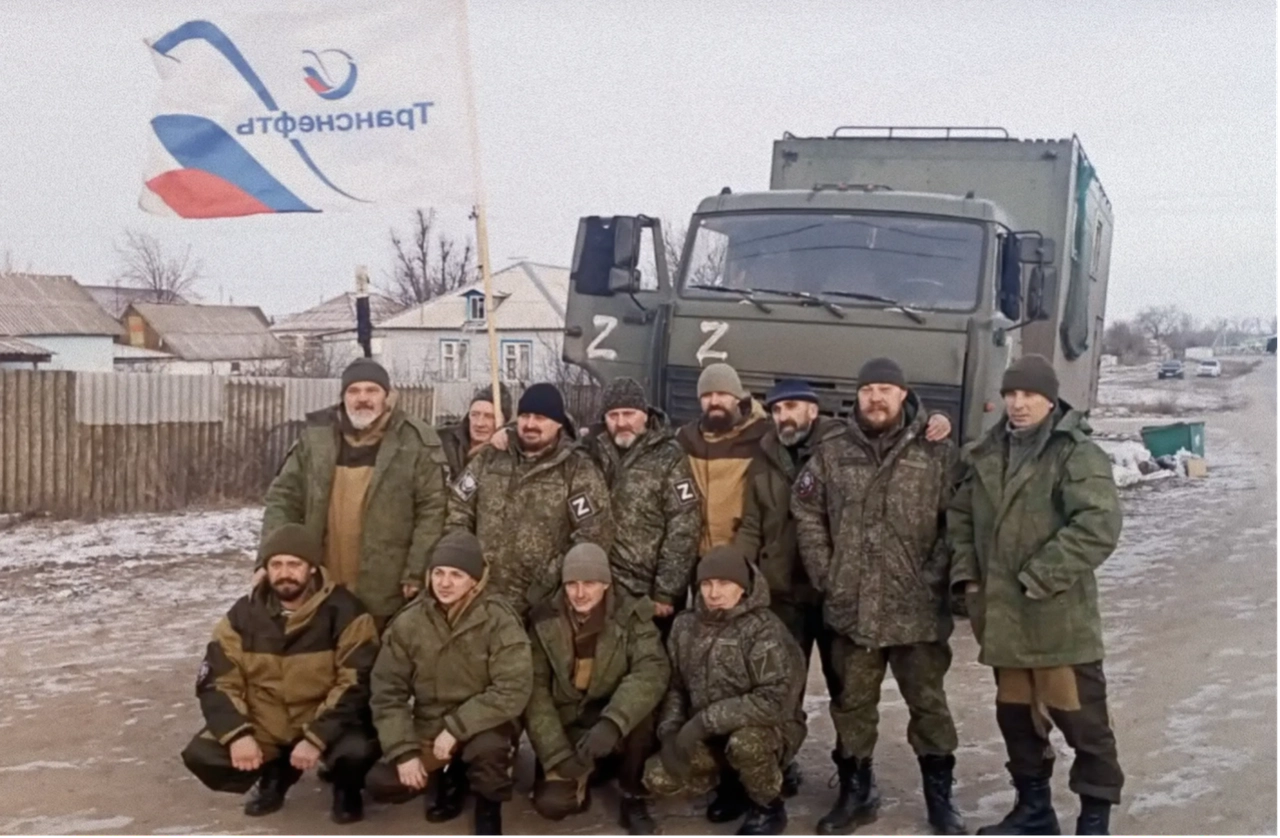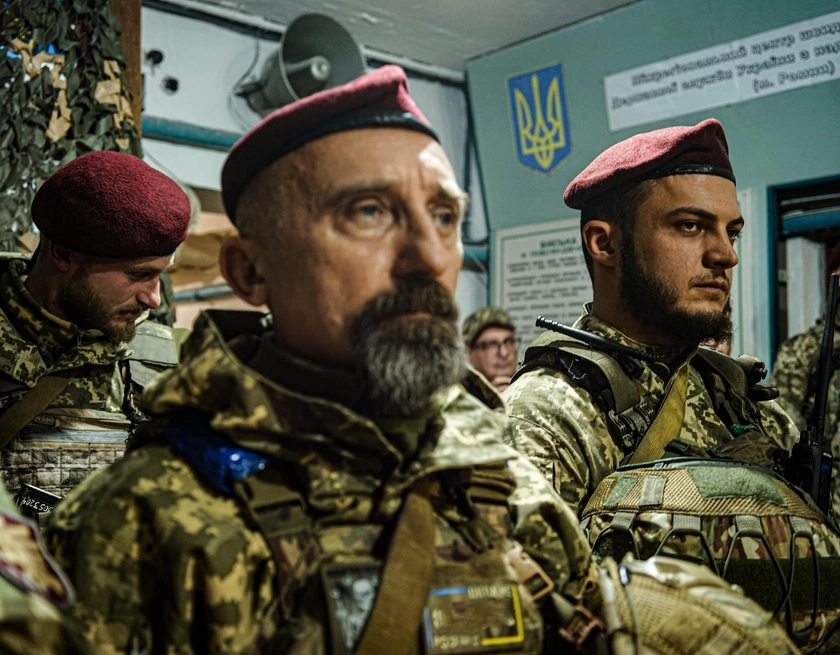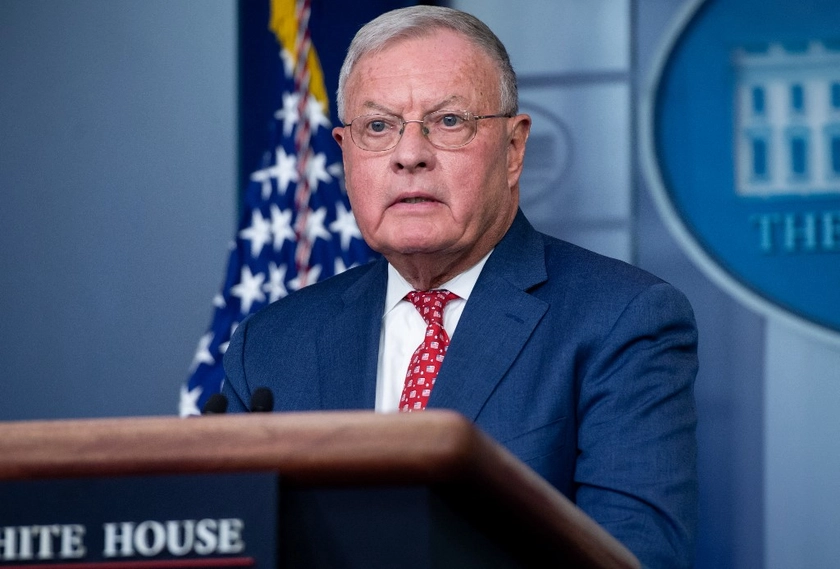In early 2021, Russia’s Ministry of Defense launched the Special Combat Army Reserve (BARS) initiative. A campaign was launched through pro-government media, military registration and enlistment offices, and through state enterprises for volunteers to enroll in this new reserve force.
The publicity for BARS said: “The Russian Army offers you a unique opportunity to realize your ambitions, show your skills... see the diverse, stunningly beautiful landscapes of our country. Running, jumping, shooting – a man should be interested in this.”
JOIN US ON TELEGRAM
Follow our coverage of the war on the @Kyivpost_official.
They were told that the only commitment, unless war broke out, was participation in some limited military training and occasional exercises. In return, they received a small regular monthly payment of RUB 2,000 to 9,000 a month ($21 to $97) and anything from RUB 17,000 to 75,000 ($184 to $809) while on exercise, depending on rank and location.
In the end about 20,000 individuals signed up and were formed into more than 30 so-called BARS volunteer battalions.
Little did they know that President Vladimir Putin had plans that would see the “unless war broke out” clause being invoked within a few months of their signing up.
The Russian investigative news website Vazhnye Istorii tells the story of the BARS-20 volunteer battalion, which is made up of employees from the Transneft, the largest oil pipeline company in the world. Hundreds of its workers from all over Russia, mostly middle-aged men, were sent to war poorly trained and ill-equipped, with most not surviving for long on the front line.

Is Trump’s Ban on Intelligence Sharing Blindfolding Ukraine? Maybe Not
Some of Transneft’s BARS-20 volunteers Photo: VKontakte.
In September 2022, Putin announced a need for partial mobilization as Russia was faced by a threat from “… the collective West, which seeks to split the country into pieces.” He said that that it would only affect people in the reserve who had previously served in the military and who had relevant experience.
Only a few weeks earlier, Transneft’s management had persuaded many of its staff, located in Siberia and other far-flung locations, to register for BARS. They reminded their staff that many of their colleagues had previously answered the call during the Chechen wars.
Even so, when Russia launched its full-scale invasion of Ukraine in February 2022, those who had signed up for BARS-20 were not worried – the so-called “special military operation” was only going to last a few days, or a couple of weeks at the most. Of course, it didn’t.
By mid-2022, BARS-20 members were being selected for deployment by Transneft’s senior management – many of whose families had already decamped to Western Europe and elsewhere, according to the Vazhnye Istorii article. The article goes into great detail about properties owned by senior managers in Cyprus, Croatia, Germany and elsewhere.
Asked if Transneft, as a state-owned company, had been issued with some kind of quota for volunteers, an unnamed manager said: “Well, in general, a certain number of people had to be recruited.”
Ill-equipped
Transneft, a huge, wealthy company, told the volunteers and their families that they would be looked after and that the company was paying for their equipment and clothing itself. Photographs of the Transneft-equipped BARS-20 fighters tell a different story. One anonymous employee said they “did not look like the soldiers in the advertisements and posters of the Russian Ministry of Defense. They looked more like fishermen and mushroom pickers, only with weapons.”
Vazhnye Istorii says that equipment and clothing to equip Transneft’s workers for the war was purchased from a company called Argus Supply, a supplier of office supplies, overalls, tools and office equipment.
When asked about this, Argus Supply said on its website: “In 2022, we received an application from Chernomortransneft to equip 600 BARS-20 volunteer fighters in the Northern Military District zone. We quickly collected the necessary goods throughout the country in 14 days and dressed 600 soldiers... As a result of the work, we received a letter of gratitude from Transneft.”
Out of the frying pan, into the fire
Putin’s promise that only reservists with previous military training would be expected to participate in his special military operation very quickly went by the board.
The article highlights the cases of Alexiy Saispaev, a 55-year-old security guard and Yuri Goncharov, a 51-year-old production worker, neither of whom had any previous military experience. They were each given three days training before being shipped off to Ukraine.
One of Saispav’s relatives said that after the five days of training, he went off to the war and four days later they “received the ribbon” – notification of his death. Goncharov was luckier, since, according to his widow, he survived almost three months on the frontline.
The battalion's losses were heavy. According to one report, the BARS-20 battalion lost more than 100 soldiers – 29 killed and 86 wounded – in one day on Aug. 23, 2022. Since then, BARS-20 has been involved in battles to fight from Krasnyi Lyman, Kreminna and Chervonopopivka to Makarivka in the self-proclaimed Luhansk (LNR) and Donestk (DNR) People’s Republics.
At the outset of the war, Alexander Boroday head of the self-proclaimed DNR admitted: “We are undergoing a kind of hidden mobilization with the help of all sorts of corporations... each of which is trying to create its own battalions and detachments.
By September 2022, Boroday, now a United Russia deputy, was forced to admit that this hidden corporate mobilization had become untenable.
“This is a complete, complete [profanity]… they are recruiting watchmen... This is nonsense, not mobilization. This is too much bullshit...”
And yet, BARS-20 soldiers and those from the other 30-odd BARS battalions, are still fighting and dying 20 months after the start of the war they never expected to have to fight.
You can also highlight the text and press Ctrl + Enter












